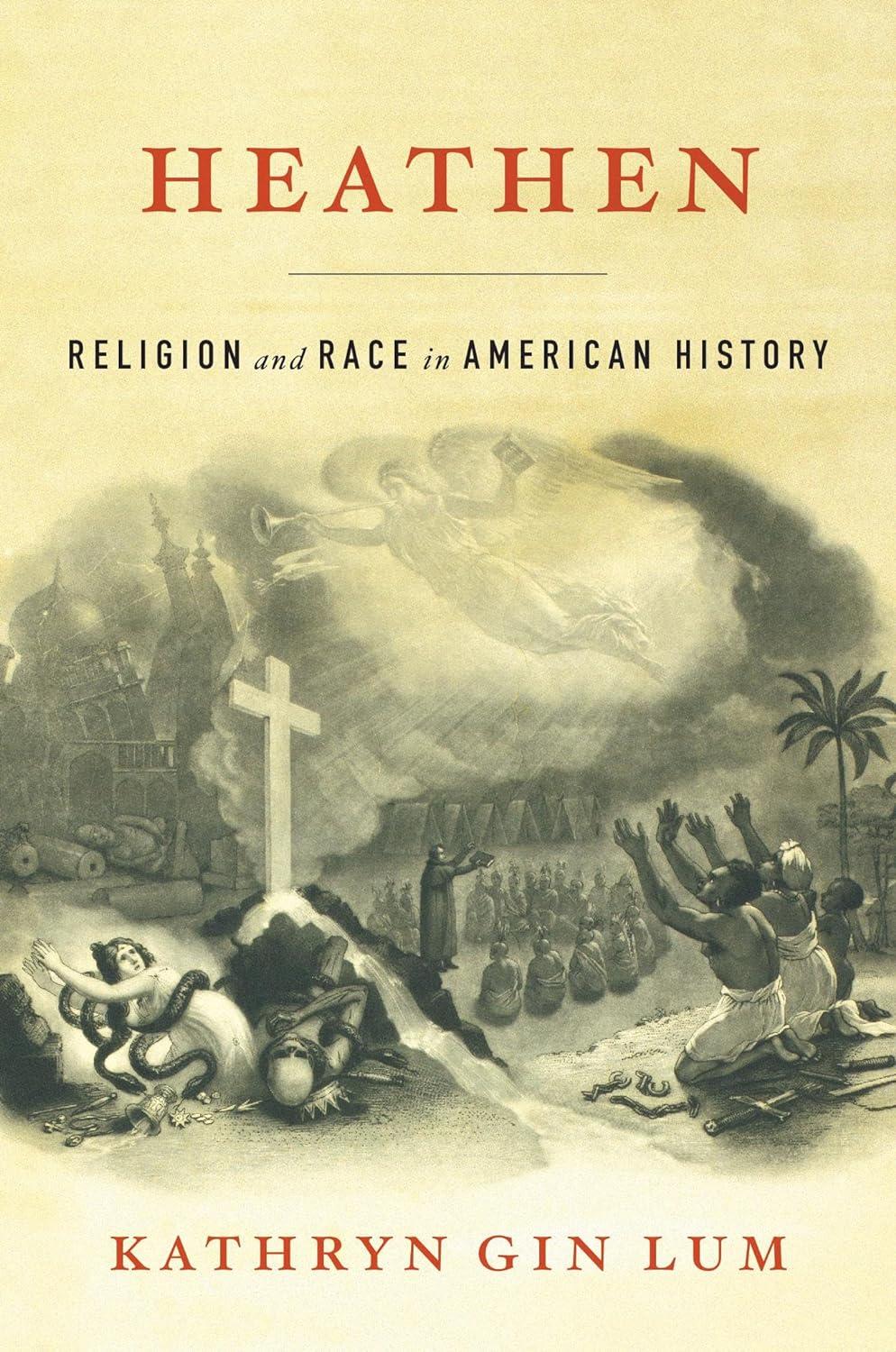How does the concept of heathenism play into Christian nationalism?
The question of what is America and who gets to be an American is at the heart of part two of the book, about the body politic. And the question there is whether America is a Christian nation, and should we be allowing "heathen" people into the body politic? That was really the question around Chinese exclusion in the late 19th century, which raised a lot of the same issues that come up today around the anxieties of white Christian nationalists about what this nation is and who can belong in it.
The term heathen was one of the most common derogatory terms applied to the Chinese in the late 19th century. A lot of scholarship on Chinese exclusion focuses on reasons for exclusion that concern labor competition and economics. That's important, just as today it remains extremely important in conversations around replacement theory, for instance. But the rationalizations that religion offers to justify these economic claims are crucial.
In the late 19th century, there were Christians saying that America is and needs to remain a Christian nation, and allowing the immigration of heathens into this nation threatens the bedrock of who we are. We're supposed to be an example for the rest of the world of what Christian civilization should look like. But the fact that they're so worried about the immigration of "heathens" reveals how unstable the foundations are of this supposed city on a hill. They're actually worried that Christians are going to be converted to heathenism faster than supposed heathens can convert to Christianity. So for me, it reveals how tenuous this identity of white Christian nationalism is.
You discuss how the term "heathen" has been adapted over the years to apply to many different groups: Native Americans, enslaved people, Chinese immigrants, subjects of missionary work in other countries and even later waves of European immigrants to the U.S. Can you talk about the history of how heathenism has been tied to race?
Oftentimes, when we think about race, we think about it in terms of hierarchies based on supposed physical differences that are obviously socially constructed, but which try to distinguish between groups. The thing about the heathen is that it collapses racial hierarchies: It collapses everyone below the white Christian colonizer into one category. That is a racial process, too. I'm building on the work of the scholar Sylvester Johnson in his book "African American Religions," where he argues that race is a process of separating the European from the non-European, the colonizer from the colonized, and the governor from the governed. The heathen is essential to that process of separation.
